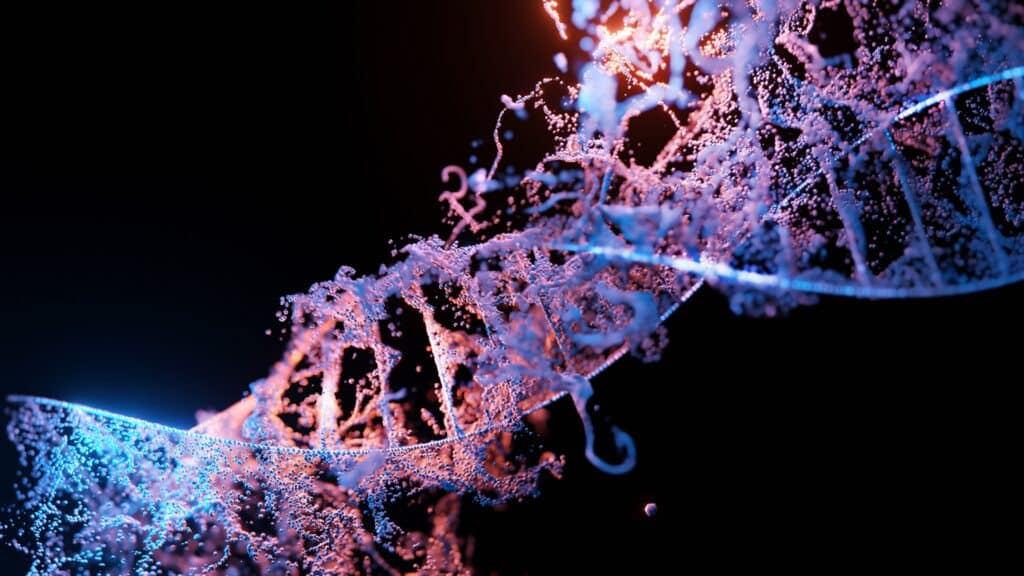The intricate role of bioregulators in shaping human physiology is still a huge subject for many scientific explorations. When you see bioregulators for sale, you have to know what you should anticipate.
From cellular functions to regenerative medicine, we’ll explore the diverse landscape of bioregulation and its potential impact on our well-being.
IMAGE: UNSPLASH
Defining Bioregulators
Bioregulators are cellular messengers crucial for life. They comprise small chains of amino acids and regulate processes like growth, immune responses, and metabolism by transmitting signals between cells. Beyond this, they influence gene expression, essentially determining how cells function and adapt to various conditions.
The Role Of Bioregulators In Neurophysiology
Bioregulators play a crucial role in neurophysiology by serving as signaling molecules regulating various nervous system’s physiological processes. These molecules facilitate communication between nerve cells, influencing:
- Synaptic transmission.
- Neuronal excitability.
- And the overall balance of neurotransmitter levels.
Essentially, they help maintain homeostasis in the nervous system, ensuring proper functioning and coordination of neural activities.
The Immune System
The immune system is a complex network of cells, tissues, and organs that work collaboratively to defend the body against harmful pathogens. Bioregulators can modulate various aspects of the immune response.
For instance, certain bioregulators act as immunomodulators, influencing the activity of T cells, B cells, and macrophages. They help regulate the immune response to ensure an appropriate reaction to foreign invaders while preventing excessive inflammation or immune system dysfunction.
The Endocrine System
Moreover, the communication between the endocrine system and the immune system is also facilitated by bioregulators. Hormones and neurobioregulators released by the endocrine system can impact immune function, highlighting the interconnected nature of these systems.
Clinical Aspects: Diseases
Research in this area and their impact on human physiology continues to uncover specific mechanisms and interactions. Understanding these connections is vital for developing therapeutic interventions and treatments.
There already are supplements that can affect immune reactions and, through their impact on cellular function, halt inflammatory processes. As these processes are at the core of many diseases, they have the opportunity to treat them.
There is definitely more to research. And yet, you can already find bioregulators to buy. Certain amino acid chains have already been shown to impact your health in a better way: improve sleep patterns, support immune cell proliferation, and aid thyroid gland function.
Most of these bioregulators have already undergone serious scientific research and thus are proven to be effective.
We witness great times when research expands in geometrical progression. And, while there are even more scientific breakthroughs to come across, you can already try the power on yourself to appreciate the beneficial effects on your health.
IMAGE: UNSPLASH
If you are interested in even more lifestyle-related articles and information from us here at Bit Rebels, then we have a lot to choose from.


COMMENTS